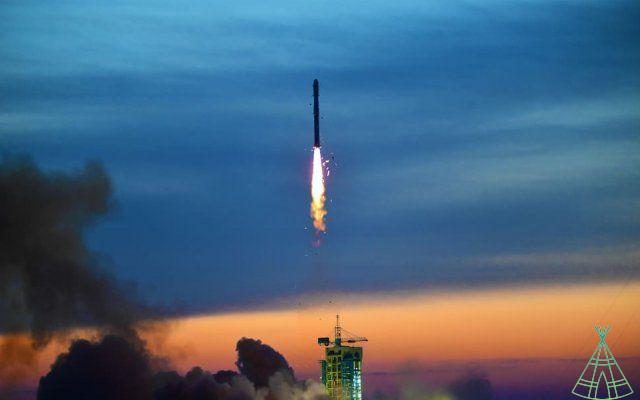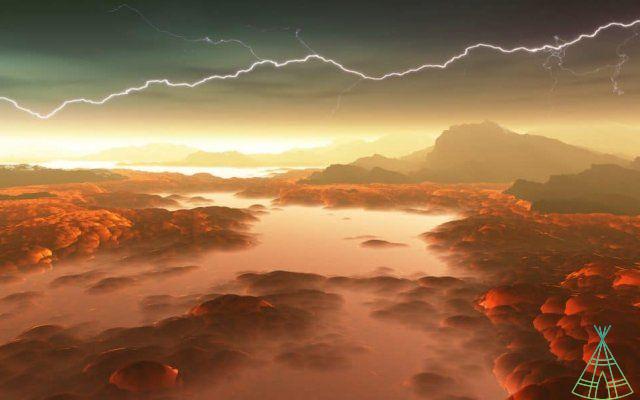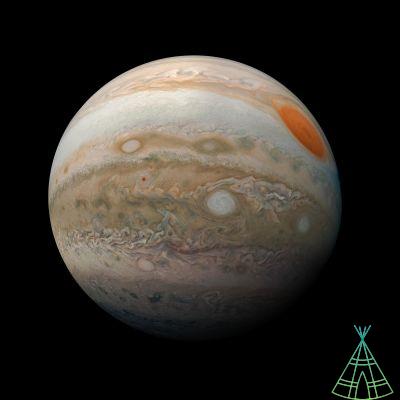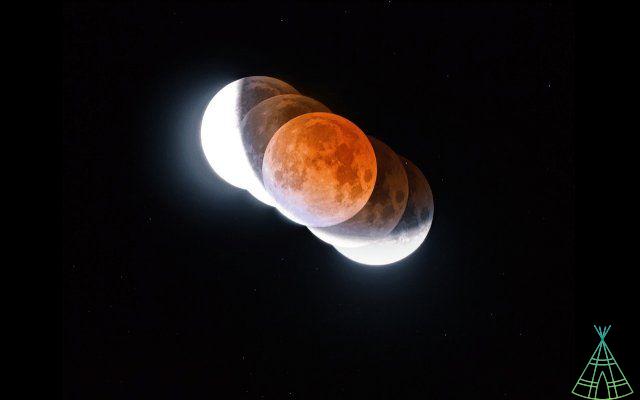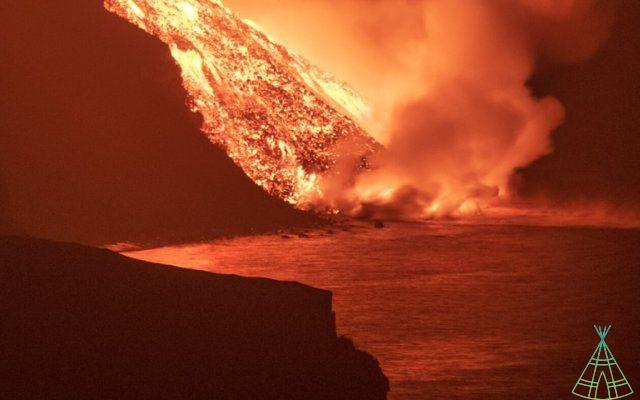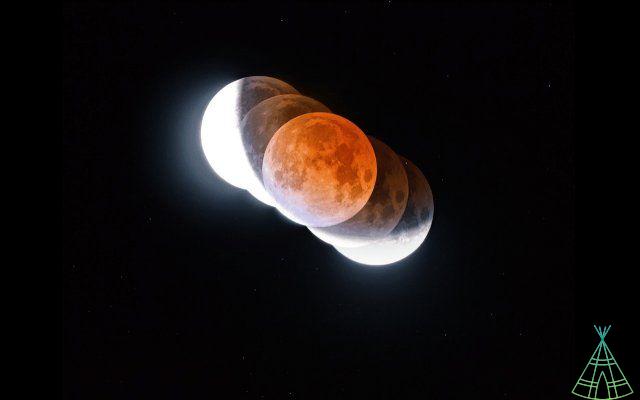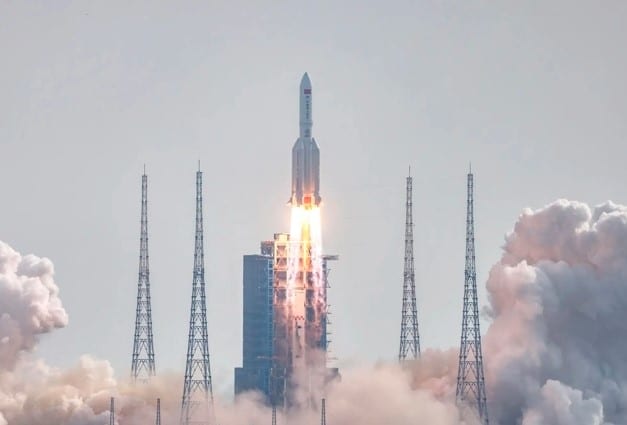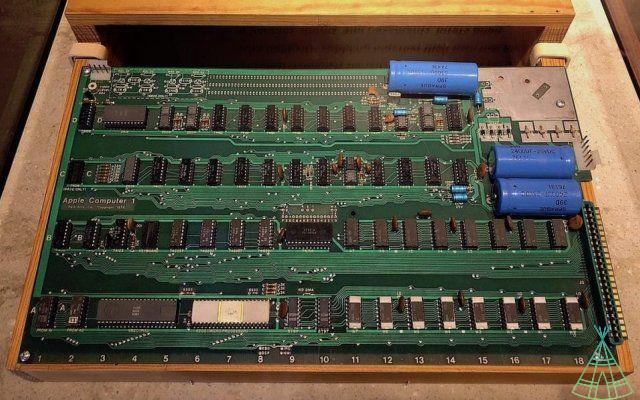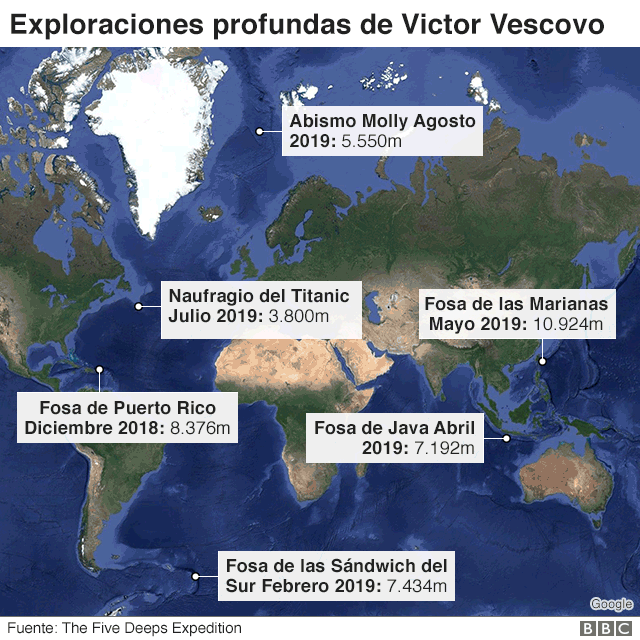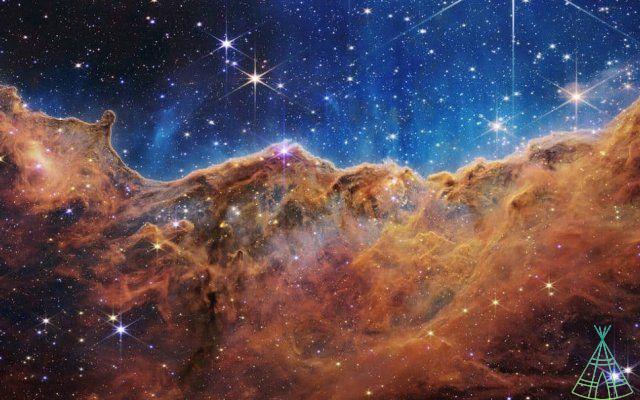A new study claims that the decision that removed Pluto from the “position” of the ninth planet in our solar system is “based on folklore, including astrology” and that, therefore, it should be revoked.
Researchers from the University of Florida (Central) argue, in a paper published in the journal Icarus, that the definitions that make a planet a planet are concentrated on the wrong factors, and that the reasons for this are not justified from a scientific point of view.
Read also
- Pluto's atmosphere is disappearing, scientists discover
- Man who killed Pluto says he discovered a new planet
- Pluto's “cousin”? Scientists point to possible origin of space object 'Oumuamua
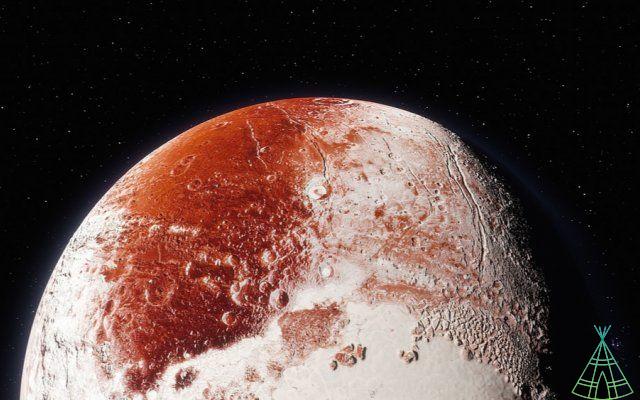
Basically, the main parameter that led the International Astronomical Union (IAU) to remove Pluto from the list of planets is the fact that it is not able to conduct its own orbit, that is, it depends on other celestial bodies to influence its path. – in this case, Neptune, on one side; and various frozen Kuiper Belt objects on the other.
The IAU rules that a planet must be able to conduct its orbit alone, without the gravitational influence of other bodies. This is not the case Pluto, the former “ninth planet” is no longer a planet.
According to the study's primary author, Phillip Metzger, however, this is a misguided focus, and the IAU should shift that paradigm to another detail that, he says, is far more important: whether the celestial body in question is or once was geologically active. And Pluto meets that requirement.
Metzger bases his argument on the fact that new technologies are discovering more and more planets inside and outside our galaxy, so a more robust classification system will eventually become necessary: “there is an explosion in the number of exoplanets we discover in the last decade, and this will only increase when we get better telescopes into space. So we have a reason to create a better taxonomy, and we have to fix this problem before we get any further into these exoplanets. We want excellent science because this huge influx of data is much more important for us to correctly define our findings.”
Over the past five years, Metzger and his team have reviewed much of our planetary literature, finding that the original definition of a planet – the one proposed by Galileo Galilei in the 1910th century, where a planet is a geologically active body – has been forgotten over the years. , and between the 1950s and XNUMXs, astronomical studies stopped focusing on planets and focused on other objects.
"We showed, through 'bibliometry', that there was a period of neglect when astronomers didn't pay much attention to planets," Metzger said.
Metzger also draws attention to another fact: at the same time that Galileo's original definition began to lose strength, the volume of another type of publication increased in popularity - the almanacs, annual books that made meteorological and other types of forecasts based on positions. of the stars – which requires a limited number of celestial objects to work. In other words, astrology, according to Metzger.
"That long period was pivotal in the history of astronomy, because that was when people accepted truths about the Earth orbiting the Sun and not the other way around, and they combined this great scientific insight with a definition of what a planet is that came from astrology," he said. Metzger.
The expert claims that the change seems innocuous, but its impact is still felt today: “planets were no longer defined by their complexity, their geological activity and their potential for life and civilization. Instead, they came to be defined simply by following an idealized path around the Sun.”
It wasn't until the 1960s, thanks to the space race between world powers at the time, that more pragmatic interest returned, and people started using studies to rule out objects inferior to planets, moons, asteroids, and edas. A simplification of the scientific consensus took place, which eventually caused some people to look for a mathematical justification for keeping the number of planets lower – the parameter of “conducting one's own orbit”.
But, according to Metzger, this has never been required in the past: “It's like if you were to define a 'mammal.' Mammals are so regardless of whether they live on land or in the sea. It's not about their location, but rather the intrinsic characteristics that make them what they are."
For that reason, Metzger urges the IAU to stop the orbit driving parameter, and revert back to active geology – whether in the present or in the past – effectively updating the scientific consensus and reflecting it in textbooks.
Have you watched our new videos on YouTube? Subscribe to our channel!









